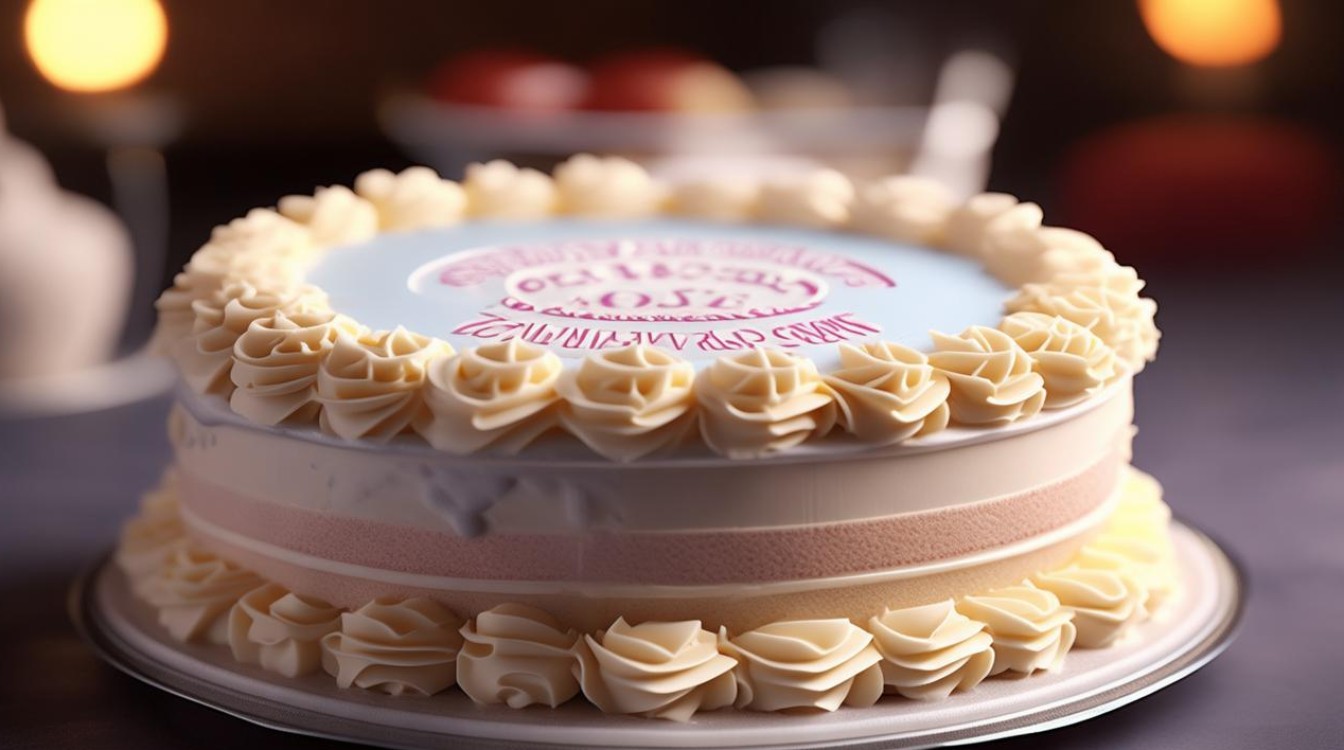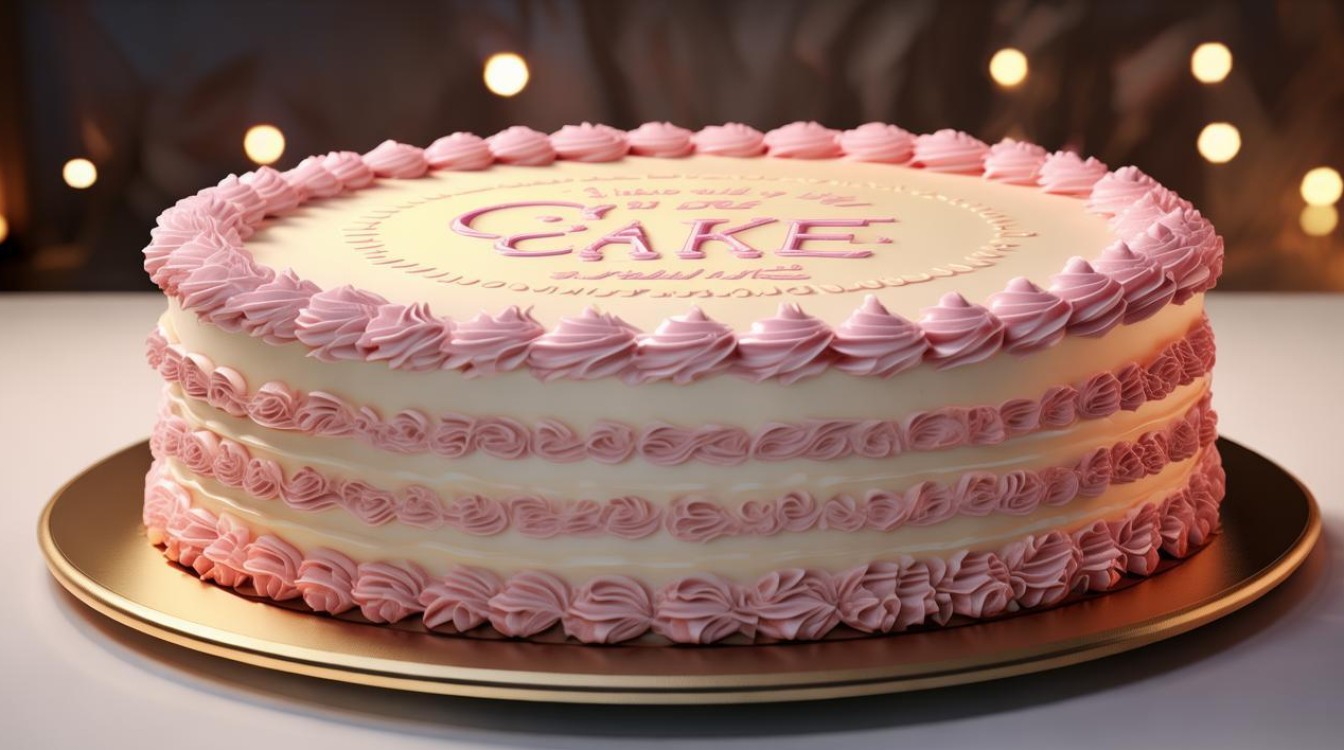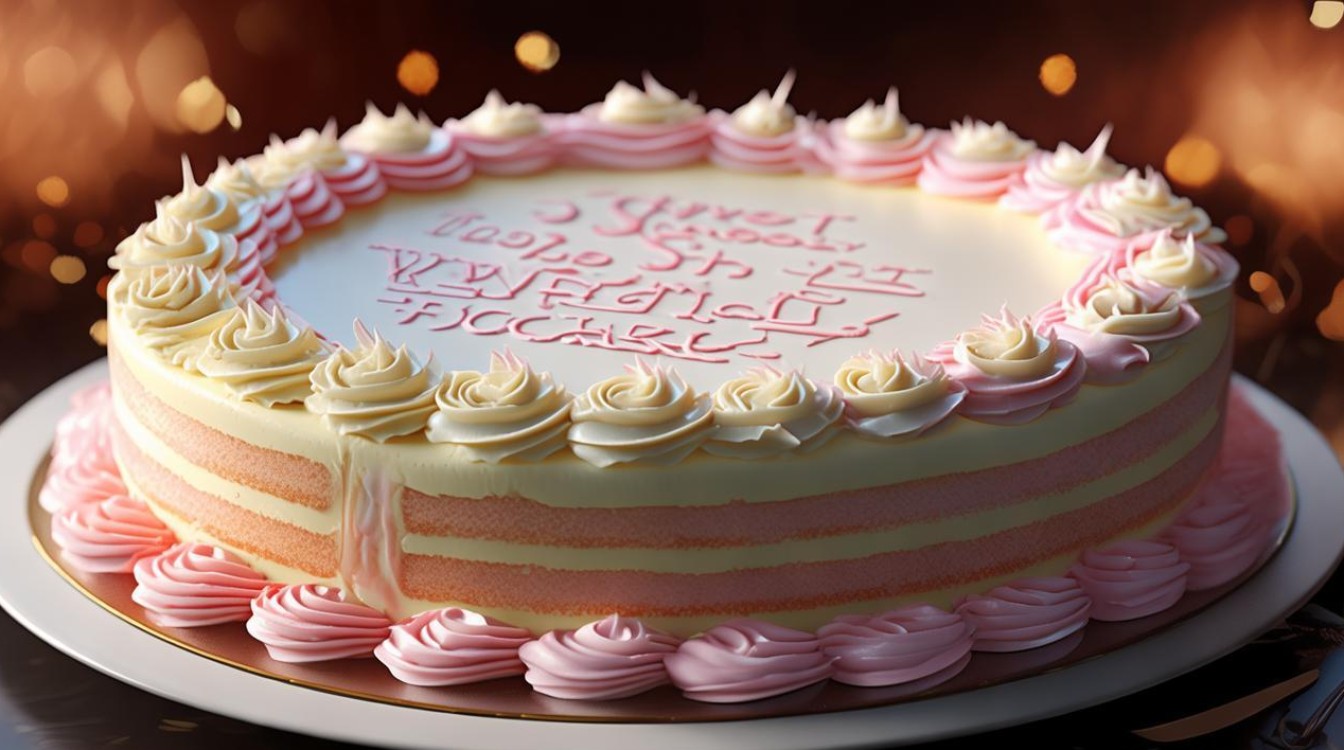Few words in the English language evoke as much universal delight as "cake." This simple four-letter term carries centuries of culinary tradition, cultural significance, and mouthwatering associations. The journey of this word through history reveals much about how language evolves alongside human civilization.

The modern English word "cake" traces its origins to the Old Norse "kaka," which referred to a small baked good. Viking invaders brought this term to England during the Middle Ages, where it gradually replaced the Old English word for similar baked goods. By the 13th century, "cake" had firmly established itself in English vocabulary, though its meaning differed somewhat from our modern understanding.
Early cakes bore little resemblance to today's elaborate confections. Medieval European cakes were often more bread-like, sweetened with honey and containing fruits or nuts. The distinction between bread and cake was primarily one of shape - cakes were typically round and flat, while bread came in loaves. This explains why some traditional foods like bannocks or oatcakes still carry the "cake" designation despite being savory rather than sweet.
As sugar became more widely available in Europe during the colonial era, cakes transformed into the sweet treats we recognize today. The 18th and 19th centuries saw cake recipes become increasingly elaborate, with the development of chemical leaveners like baking powder allowing for lighter textures. This culinary evolution paralleled changes in the word's usage - "cake" began appearing in various idioms and expressions reflecting its cultural importance.

The word's simplicity makes it remarkably versatile. We use "cake" as both noun and verb, in expressions like "a piece of cake" (meaning something easy) or "caking on makeup" (applying heavily). Its phonetic similarity to related words in other Germanic languages - German "Kuchen," Dutch "koek," Swedish "kaka" - demonstrates shared linguistic roots. Yet each language developed unique variations on the basic concept.
Modern English contains numerous cake-related terms that show how this food category has diversified. "Cupcake," "cheesecake," "pancake," and "fruitcake" each represent distinct preparations while maintaining the core "cake" identity. Even non-edible items can be called cakes when they share certain physical characteristics - think of soap cakes or mud cakes. This linguistic flexibility speaks to how fundamental the cake concept has become in English-speaking cultures.
Cake terminology also reflects social history. The phrase "let them eat cake," often misattributed to Marie Antoinette, actually predates the French Revolution and illustrates how cakes symbolized luxury and privilege. In contrast, the humble "birthday cake" became democratized in the 19th century as baking ingredients became more affordable. Today, cake stands as one of the few foods universally associated with celebration across Western cultures.

The globalization of English has introduced new cake vocabulary in recent decades. Words like "tiramisu" (Italian), "mille-feuille" (French), and "mochi" (Japanese) have entered English to describe specific cake varieties without direct translation. Meanwhile, English cake terms have spread worldwide, with "cake" itself becoming a loanword in numerous languages. This two-way exchange enriches our culinary lexicon while maintaining the core meaning.
Regional English dialects offer fascinating variations on cake terminology. In Scotland, you might hear "bun" for certain types of cake, while parts of America use "cookie" where others would say "biscuit." These subtle differences highlight how local food traditions shape language use. Even within professional baking circles, precise terminology distinguishes between gateaux, tortes, and regular cakes based on specific preparation methods.
Digital culture has spawned new cake-related expressions in recent years. Internet slang gives us "cake day" for Reddit anniversaries and "cake" as slang for an attractive physique. Memes like "the cake is a lie" from video game culture demonstrate how this simple word continues to evolve in unexpected directions. Such adaptations show language's dynamic nature as it responds to technological and social changes.

From its Norse roots to its modern digital incarnations, the word "cake" has proven remarkably durable while continuously adapting to new contexts. Its staying power stems from the universal human love for sweet, celebratory foods - a need that transcends linguistic boundaries. As long as people continue gathering to share sweet treats, the word will likely maintain its central place in English vocabulary.
The next time you enjoy a slice of cake, consider the rich history contained within that simple word. It connects us to generations of bakers, celebrants, and language innovators who have all contributed to making "cake" mean so much more than just flour, sugar, and eggs. In English and beyond, this term represents how culinary traditions and linguistic evolution remain deeply intertwined.





